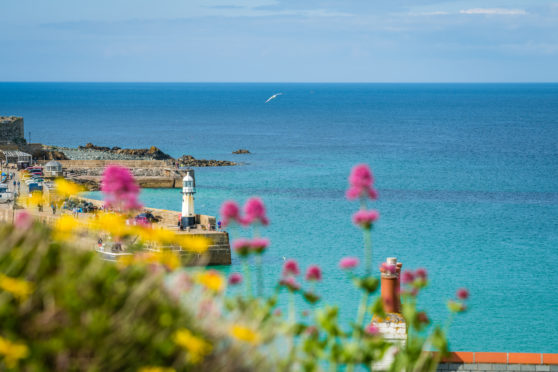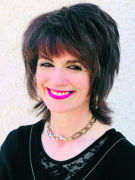To a city child, it was a house of dreams. Whitewashed and by the sea, with a garden of tumbling fuchsia hedges, full of tutu-skirted purple and red blooms and the low drone of bees emanating from the depths.
A black metal garden gate that seemed exotic when you lived in a flat, that clicked and creaked as the latch lifted. And oh, that first glorious holiday morning, the beach literally across the road, the crunch of pebbles beneath your sneakered feet and the smell of seaweed and brine, the lure of rocks and pools and freedom.
It was two hours from home but a world away, a world of magic that seemed endless, limitless.
Covid-19 has stolen simple pleasures we took for granted. This week, family holidays seemed like one of them, with news of imposed quarantine and travel bans. But only if we assume the benefits of holidays come from air flights and foreign travel, posh hotels on overcrowded Costa beaches and nightclub revelry. The truth is simpler, particularly for children.
Research by world-leading neuroscientist Professor Jaak Panksepp suggests holidays advance children’s development through two brain “systems” – the “play” system and the “seeking” system.
In adults, this translates into the ability to explore ideas. Just 20 minutes in nature positively affects children’s attention and concentration levels. In fact, green play settings have been found to be as effective as medication for children with ADHD.
It is surprising how sometimes in the midst of our ever-increasing sophistication, we are blind to the simple and the obvious. For many – 49% according to some research – our happiest memories stem from holidays.
Recently, one of my brothers put together a private YouTube film of old photographs for a big family birthday. So many were of childhood holidays. How bittersweet it was to see those images set to music, one melting into another, like night into day, year after year. The ghosts of the past, tall and strong again, flitting through the frames.
It reminded me of Browning’s poem “My Last Duchess”, in which the sinister narrator describes the portrait of his late wife. “There she stands, as if alive…” But not just the people alive again, their emotions, too. My parents captured in the garden at the house of dreams, their fingers touching lightly across the gap of their respective deckchairs, a love that still seemed tangible, in a sunshine that still seemed real.
The memories tumbled then, the laughing and the bickering. My father with his pile of pennies and silver coins, laughingly putting up the kitty as we played Newmarket – the coins glinting with promise to each of us children. Not worth so very much, but worth everything to the lucky winner.
The treasure hunts through the house, clues written and folded, the thump of our feet as we ran, aching to be the first to the winning post but simply enjoying the chase, too. Up the stairs and down the stairs, into the porch where the exotic stag’s head hung above the door with glassy eyes. Ernie, we called him, staring down at us like our last duchess, as if he were still alive.
Memories are so much of who we are. Scientists suggest we can’t think creatively about the future unless we remember what has already been discovered. Perhaps that is true personally, too. We can’t have a future unless we build on memories, learning from the past, creating something better, block upon block.
The year 2020 will be marked by Covid. The year we were in lockdown. The year we didn’t go to Spain or Italy or Greece. But looking at that family film, I knew that the beauty of holidays is in the simplest experiences and memories, not the most exotic or costly.
Money is tight. It’s hard for families to afford holidays this year. But in adulthood, how many of today’s children might mark this year with more than fear, might say: “Remember the Covid year, when we went to that caravan at the sea, or the tent in the wilds – or even in the back garden? The year we barbecued sausages at the loch and had a river race and you fell in?”
No wonder psychologist Oliver James suggests parents spend less on toys and more on holidays.
Many years after the last holiday to the house of dreams, I visited as an adult. The city child thought it enormous with its porch and staircase. It had a little brass gong that we took it in turns to run through the house ringing at dinner time, like it was Downton Abbey.
Now I saw the reality – a miniature fisherman’s cottage with tiny rooms. How did we all fit in here, all six children and two adults?
The dining room was a postage stamp space and in here, I stood among the ghosts and saw myself dance for my father again, heard his clap once more.
And even as I marvelled at the mendacity of memory, I still knew that at their heart, those formative memories were priceless, holding a truth and a safety that could never be stolen.

